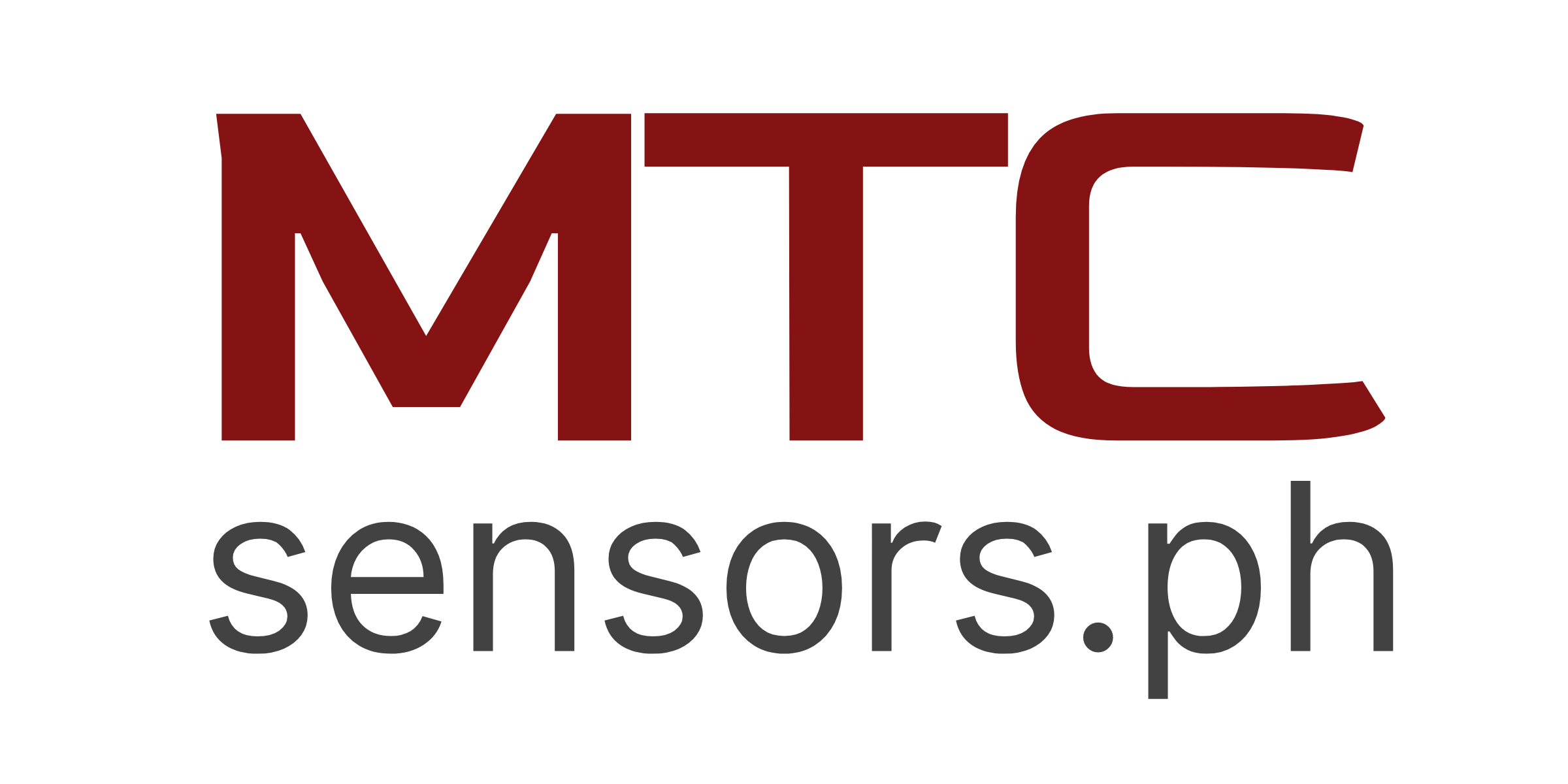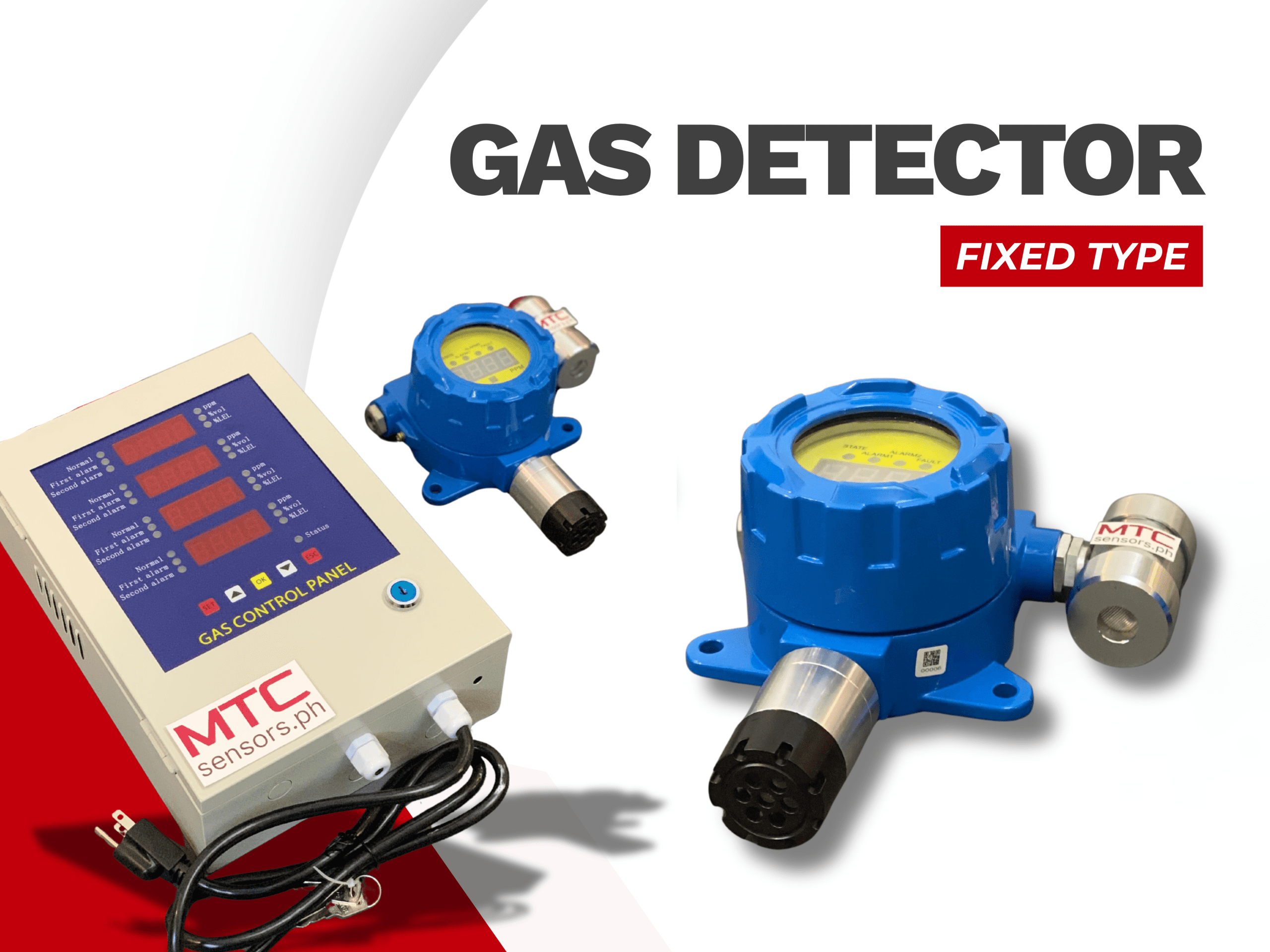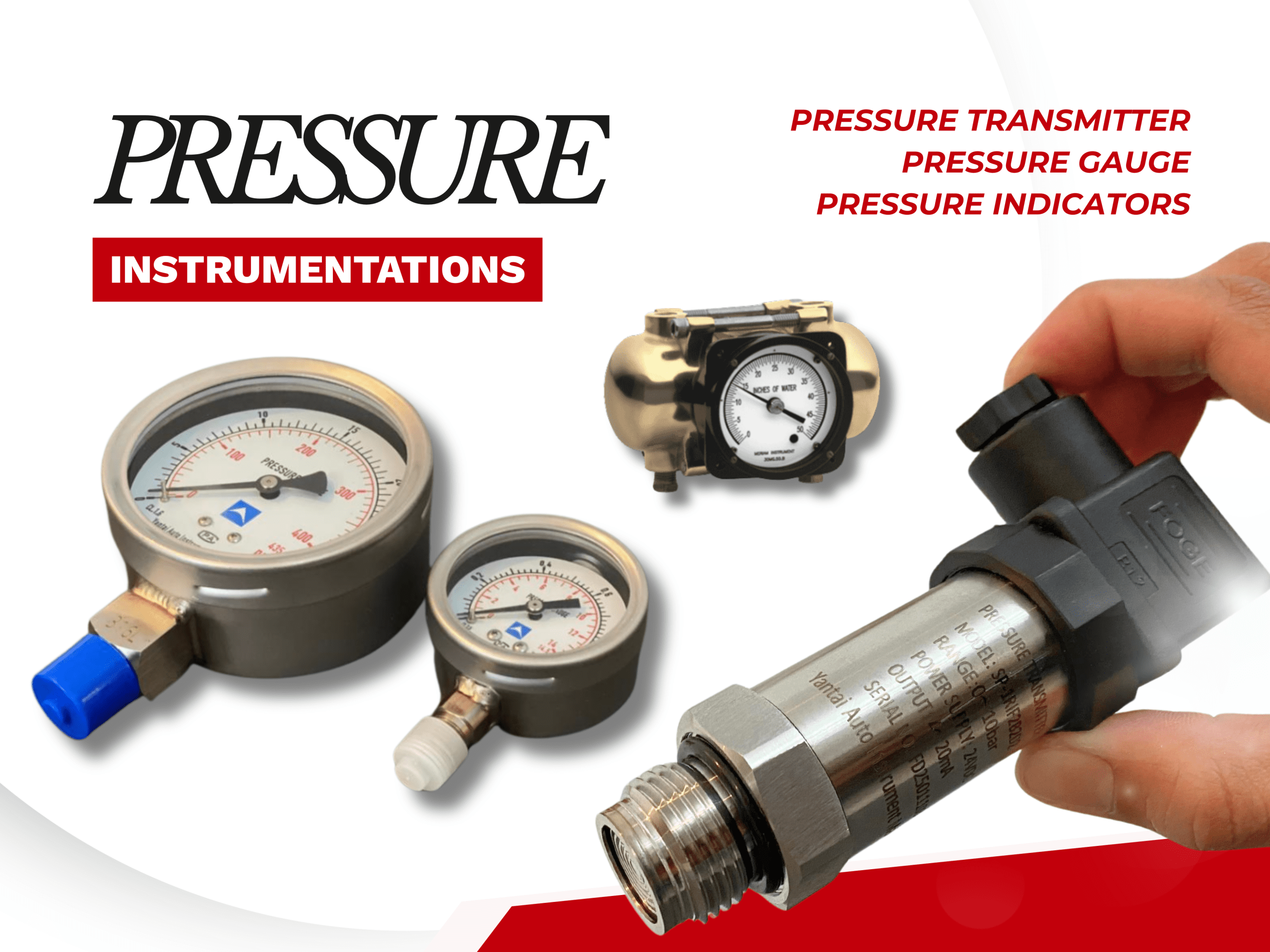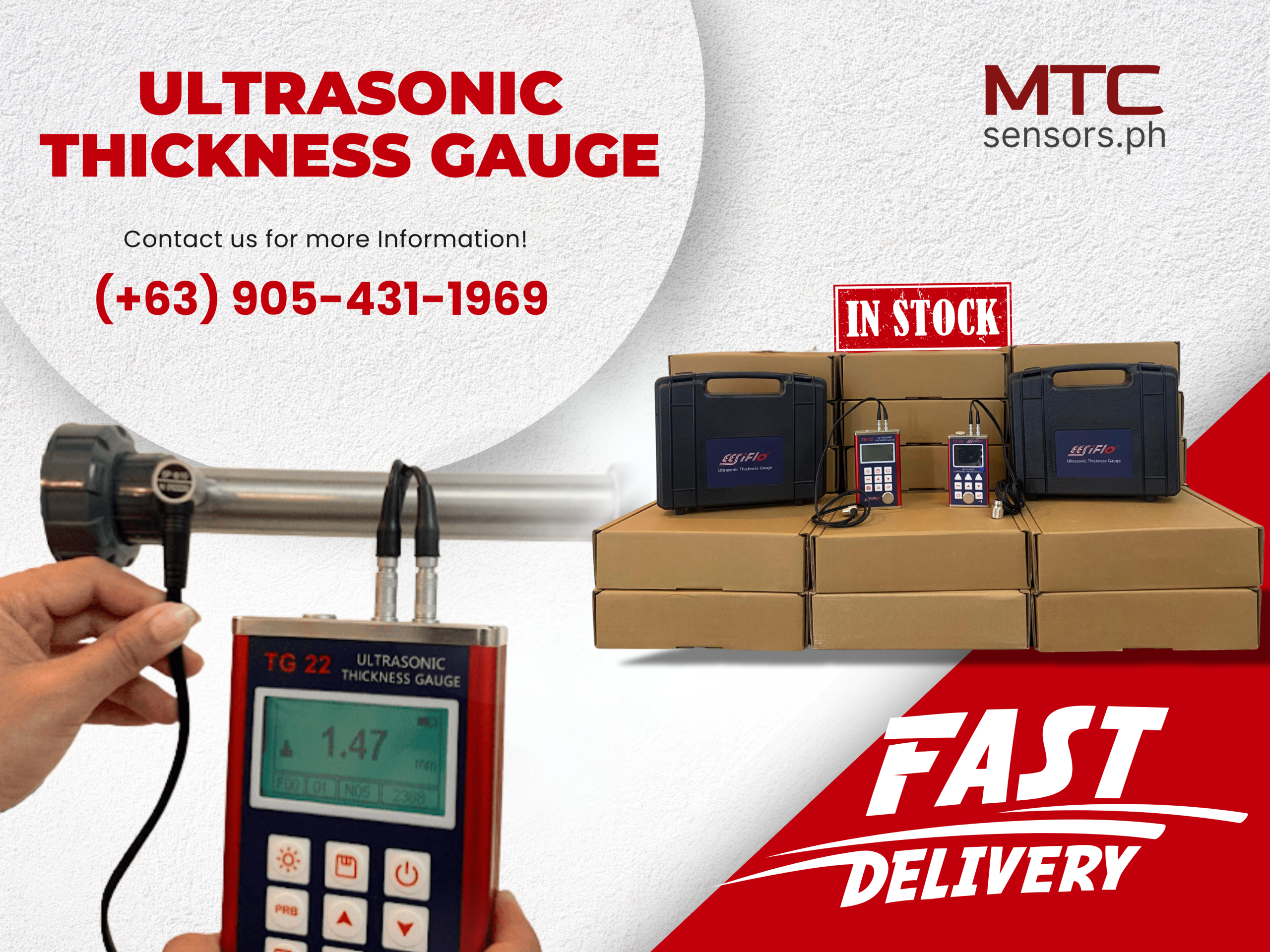Choosing the Right Instrument for Your Industry
Be informed with the most recent developments, articles and news about our company & products.
Filter by Category
Ex-stock Products
Recent News & Events
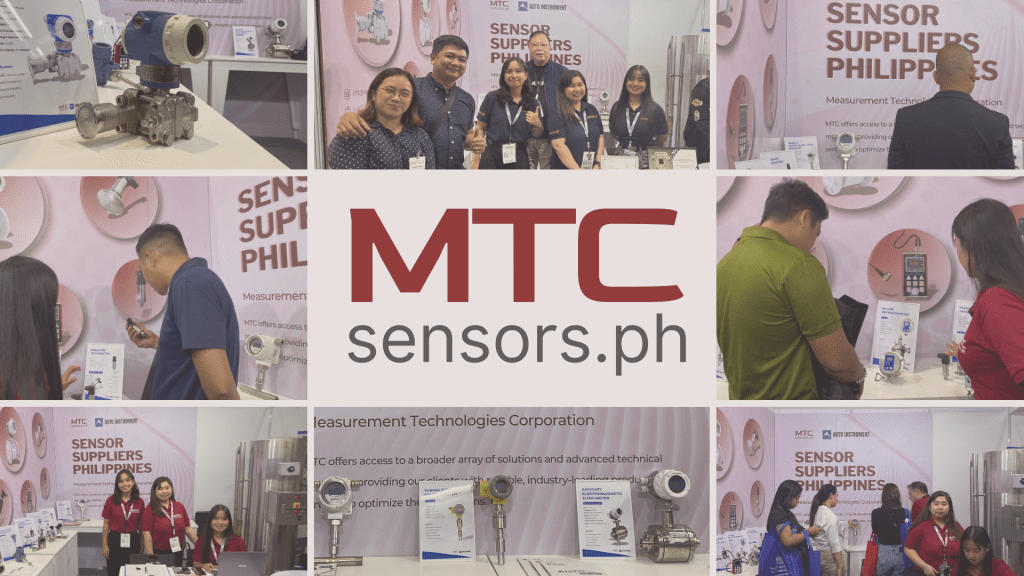
Measurement Technologies Corporation to exhibit at ProPak Philippines 2026 - Metro Manila, Philippines
October 24, 2025
We look forward to seeing you again at Propak 2026 where we hope to showcase some of our new products!
Guide on How to Choose the Right Instrument for Your Industry
In today’s fast-paced industrial world, precision and efficiency are more critical than ever. Whether you operate in manufacturing, food processing, pharmaceuticals, petrochemicals, or utilities, selecting the right instrument can significantly impact product quality, operational safety, and compliance. But with a wide range of sensors, meters, transmitters, gauges, and controllers available, how do you determine which one is right for your specific application?
Here’s a step-by-step guide to help you make the right choice.
Start by identifying what you need to measure or control—temperature, pressure, flow, level, moisture, pH, etc. Define your operational conditions:
Medium type: Is it liquid, gas, slurry, or solid?
Operating range: What are the expected minimum and maximum values?
Environmental conditions: Consider temperature extremes, humidity, vibration, corrosiveness, and dust exposure.
Tip: The more accurately you describe your process environment, the better suited your instrument selection will be.
Different industries demand different levels of precision:
Pharmaceuticals and laboratories require high-precision instruments with low tolerance for error.
Agriculture and HVAC applications may allow broader tolerances.
Know the margin of error your process can tolerate, and choose an instrument that delivers the necessary accuracy without overpaying for features you don’t need.
Industries like food and beverage, oil and gas, and healthcare are subject to strict regulations (e.g., FDA, ISO, IEC, ATEX, or SIL ratings). Make sure your instrument is:
Certified and compliant with relevant industry regulations.
Traceable and calibrated to national or international standards.
Ask this:
Will the instrument be installed inline, mounted externally, or used portably?
Is it compatible with your existing control system (PLC, SCADA, DCS)?
Does it support analog or digital communication protocols (4–20 mA, HART, Modbus, Profibus, etc.)?
Choosing instruments that integrate seamlessly with your current setup can save time and reduce installation costs.
Downtime can be costly. Look for instruments that offer:
Proven durability under your operating conditions.
Low maintenance requirements.
Diagnostics and self-check features to predict failures before they happen.
Don’t base your decision on purchase price alone. Consider:
Installation costs
Operating costs (e.g., power consumption)
Maintenance and calibration frequency
Expected service life
Sometimes a higher upfront investment leads to lower long-term costs.
Choose a reputable supplier who:
Offers technical support and product training
Provides after-sales service, spare parts, and calibration
Understands your industry and can recommend tailored solutions
If in doubt, ask! A trustworthy supplier will help you make an informed decision rather than push a product.
Choosing the right instrument isn’t just about specs and features—it’s about finding a solution that fits your unique process, enhances productivity, ensures safety, and meets compliance. A careful, criteria-based selection process will lead to better performance, fewer breakdowns, and long-term success for your operation.
Need help selecting the right instrument for your industry?
Reach out to our technical team for expert guidance customized to your process needs.
